Hi, Friends!
This week's episode of The Terrible Anvil was streamed LIVE on YouTube (I dunno if we will do that regularly, but if you've been wanting to catch a live call and aren't part of the SAW Comics FLOW + PUBLISH group, check that page out. It's also where we archive the video recordings!)
Ok, what did we talk about this week? EXPECTATIONS!
A few episodes back Tom said: "There are a lot of reasons to feel bad while making art. Most of those are expectations of results, expectations, rewards"
There were three ideas we touched on in this episode:
-Time is the medium of possibility (give yourself more time)
-Inevitability versus possibility (don’t mandate results before, during, or after the work)
- It's ok to be ambitious! (But normalize your mediocrity too. That old adage, shoot for the moon, land among the stars...but you could also stay in grassy field dreaming and stargazing)
Sometimes things don't end up how we planned (see the plentiful "expectations vs reality" memes, this one is my favorite:)
...and sometimes things go better than we think they might!
Some highlights from the chat this week:
Maria Fitzgerald said: "If one makes a deadline it gives one something to aim for. It makes the project suddenly seem possible."
From Jess: "we often tell ourselves we have to become like the great masters before we can finish our work, when really we can work with what we have now"
Michi Mathias said: "We always see our own work as mediocre bcs it never matches what was in our heads. But when we dare to show it to other people, they see it as fantastic! The hard part is accepting that, not negating it…."
Which reminded me of this Ira Glass quote:
Tom Hart said that GOALS and EXPECTATIONS are “Wiggly terms” - have to define them and negotiate them for ourselves"
But maybe we have more control over our goals; expectations are often derived from comparing ourselves to others
Now more than ever, art-making and publishing and sharing is more accessible than before. Tom thinks "Having so many options makes art making more accessible and should be fun!"
Jess mused "If your expectations are open-ended and steeped more in possibility than inevitability, they can be easier to manage"
We talked about our expectations: wanting to draw like Charles Schulz (consistently, magnificently) wanting a regular, steady job teaching art in higher ed, or expectations within an experience like an MFA program--
Tom had a good bit of advice, if you take nothing else with you:
How to deal with expectations? Lower them!
One way to do this:
Tom recommends making small things that are easier to finish
I joked about embracing mediocrity but there's something to this about being authentic, showing up, working how YOU work (not how you wish you worked, or how Charles Schulz worked) and trying not to get too cynical about the whole process. Stay curious, be kind to yourself and your inability to draw hands/cars/backgrounds--
Alison Kent said: "One of the most valuable things about SAW is the community cheerleading, it’s not a red ocean (full of sharks) vs. blue ocean. (Unlike a lot of MFA programs)"
Tom mentioned this movie:
Tom set his expectations for undergrad on this film - wanted to be surrounded by curious artistic minds and found that his classmates just wanted to essentially draw Hulk + Superwoman porn
Jess was also thinking about the repetition or expectation of something happening more than once (RESULTS): SOMETIMES vs ALWAYS and NEVER - things happen sometimes, but rarely always and rarely never
Oneita Parker said: "Its ok to create here"
Adrean Clark said: "sometimes we make things thinking it’ll go somewhere but in the end it goes in a different direction"
Walter Hudsick wondered: "Is there an aspect especial to comics/cartooning that creates an expectation of publishing? Plenty of people paint for fun without ever expecting to sell a painting or be in a museum, for example. But comics really only exist when published?"
On goals, Jim Hamilton said: "I set a modest goal that I am pretty sure I can meet: selling 100 books this year. I'm up to 39 books sold now and I have two events that should get me a lot closer in the next couple of weeks. (I have also given away 21 books to family, libraries, mentors, etc..)"
There's LOADS more in this episode, we thank you for listening. Thanks for being here!





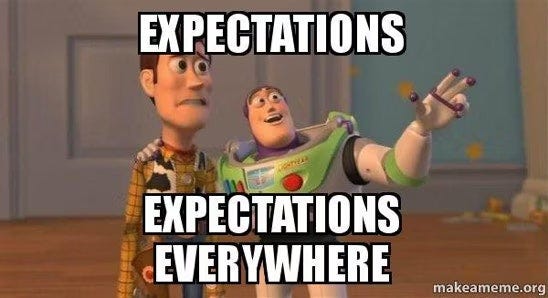


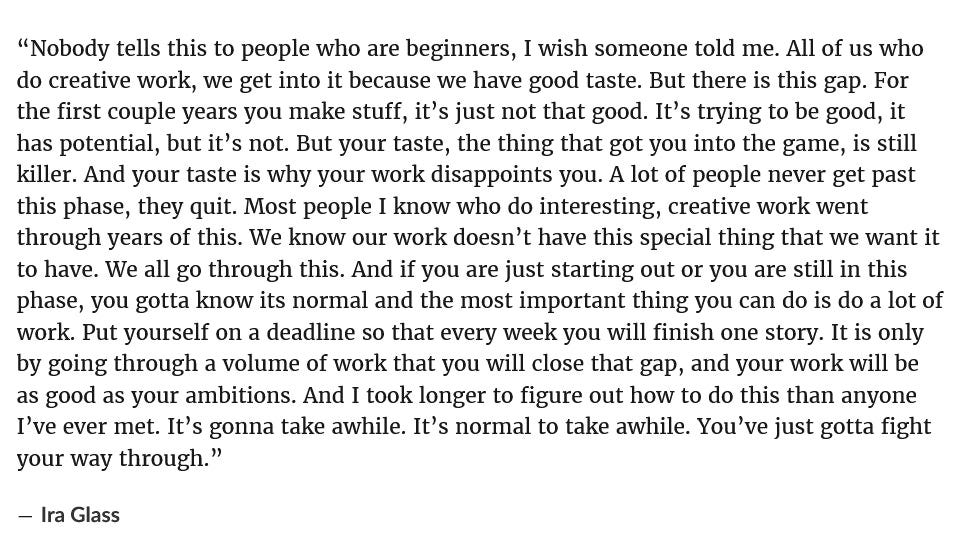
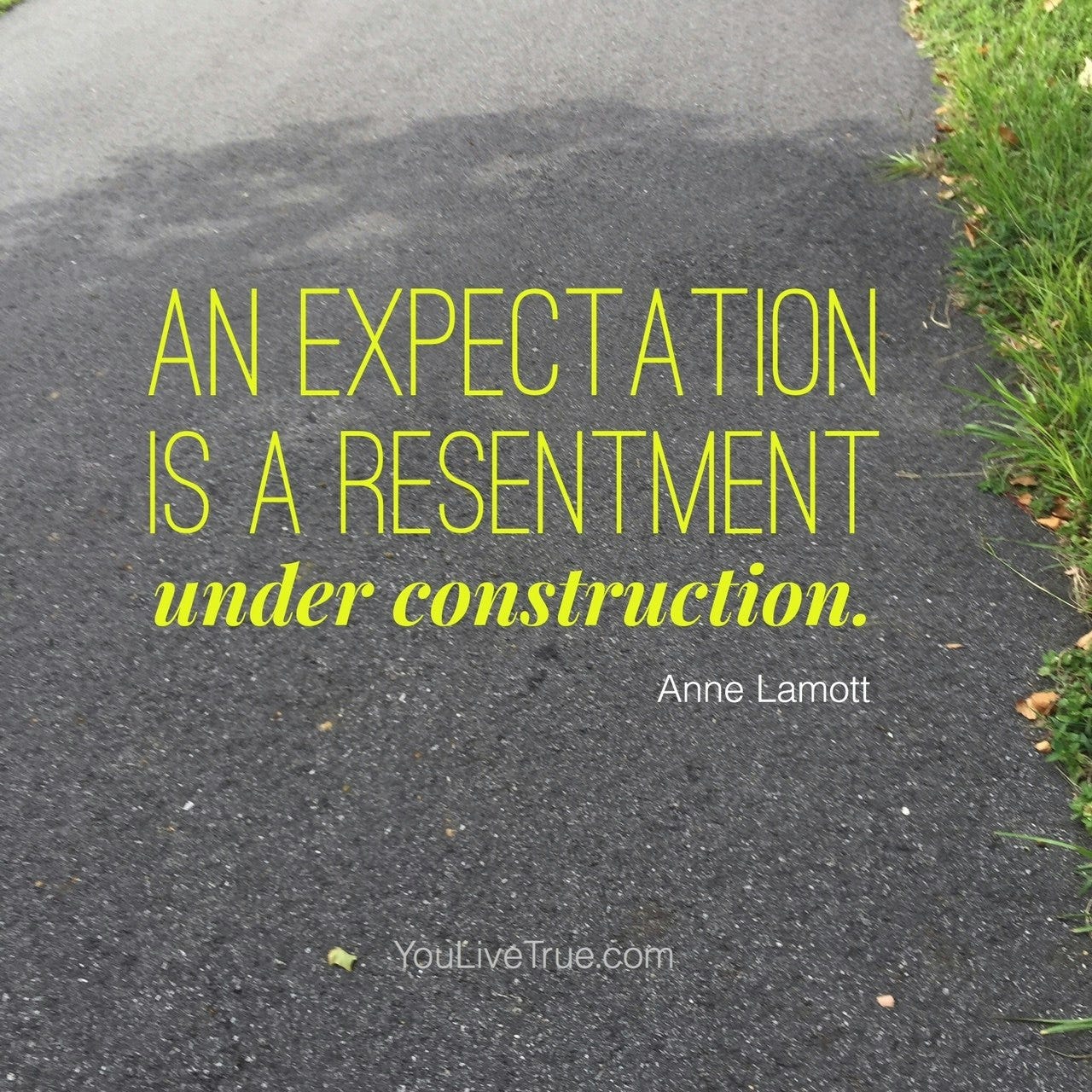
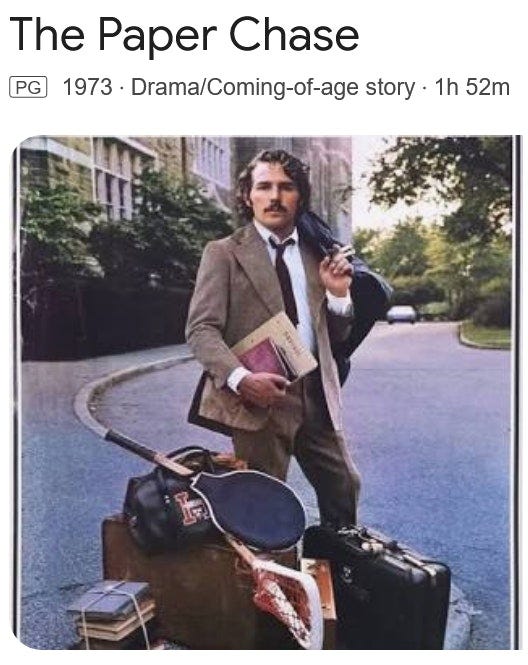






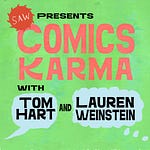
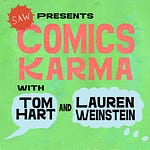

Share this post